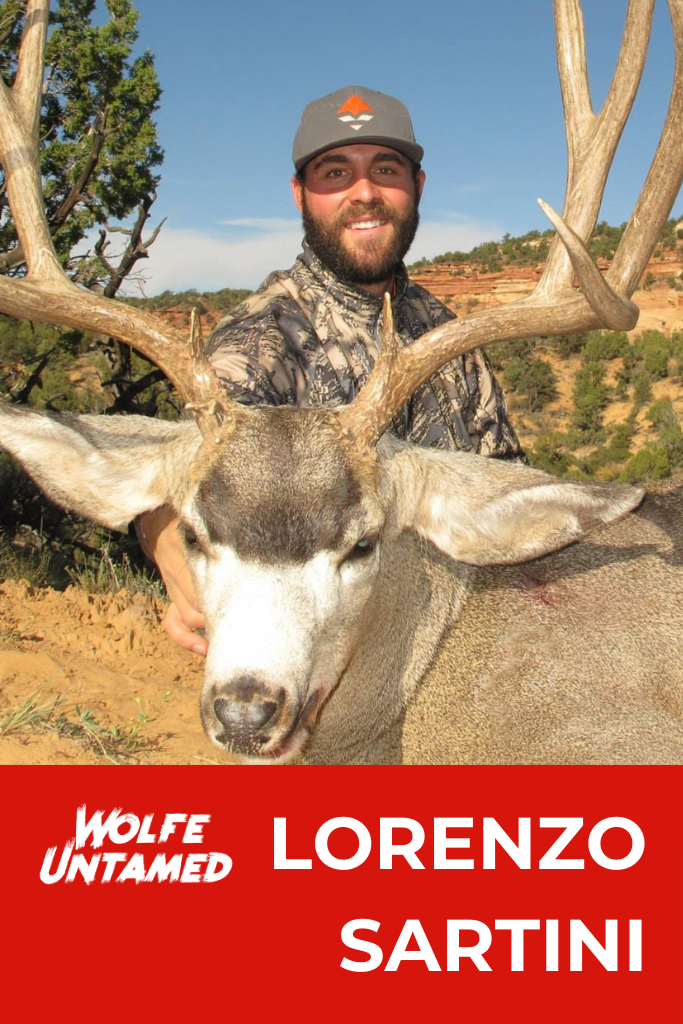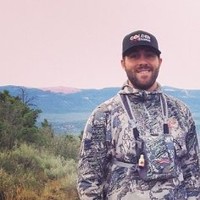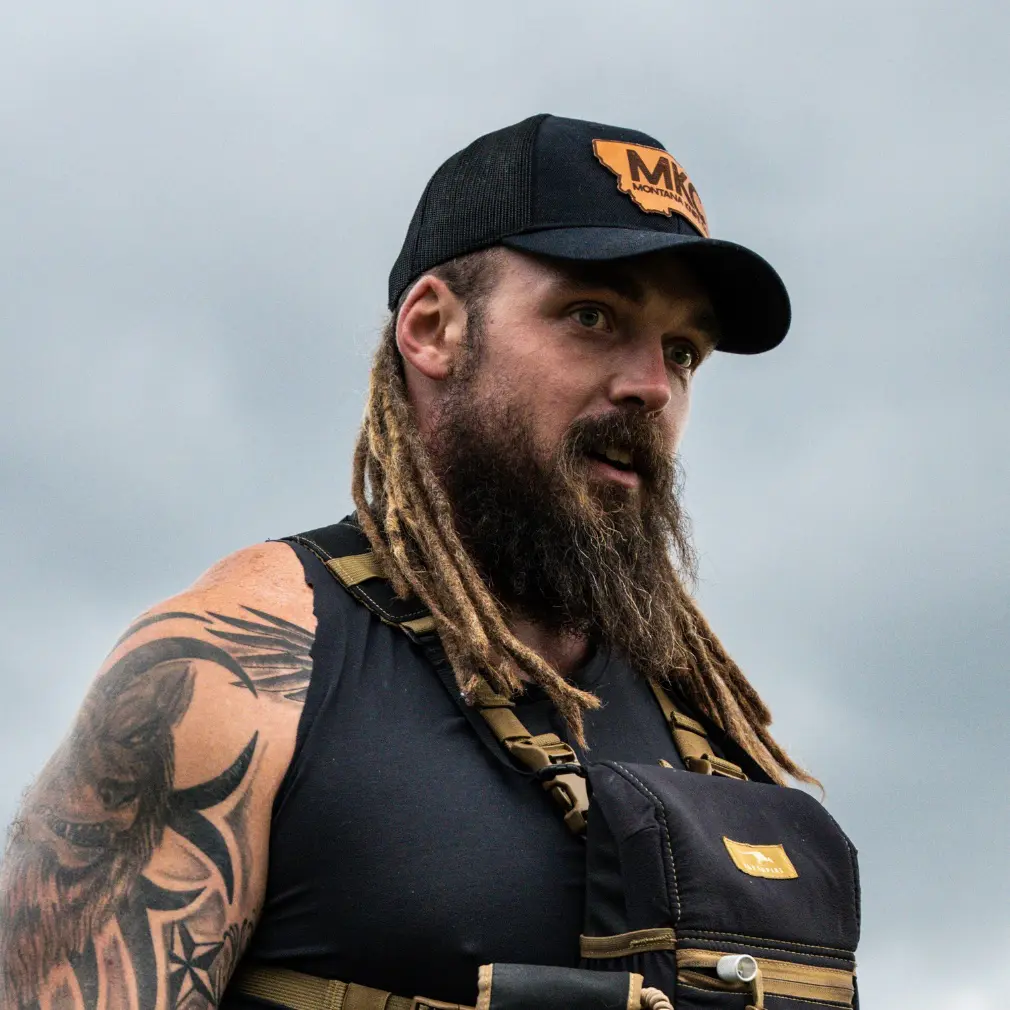From Football to the Future of Hunting: A Conversation with GoHunt’s Lorenzo Sartini
The Birth of a Hunter’s Passion
Like many lifelong hunters, Sartini’s connection to hunting began in childhood. Born and raised in Las Vegas, he dispels the misconception that the city lacks hunting culture: “Vegas actually does have a really big hunting culture to it. Being in the southwest, close to Arizona, close to Utah, that’s kind of where it all comes from.”
His hunting heritage traces back to his great-uncle Bill Sartini, a former professional baseball player who became a self-made millionaire and passionate hunter. Though Lorenzo never met his great-uncle, who passed away young from bone cancer, the family’s hunting tradition was carried forward through his father.
Building GoHunt: A Vision Becomes Reality
One of the most fascinating aspects of the conversation centers on GoHunt’s origin story. Sartini shares how the company began as a pure startup, not an acquisition: “One of the things I’m most proud about in this whole thing is we were able to take a true vision on paper and make it something.”
What’s particularly remarkable is how closely the company has stayed to its original vision. While most startups substantially pivot from their initial business plans, GoHunt has maintained its core mission of making Western hunting more accessible and understandable for all hunters.
The Evolution of Hunting Access
The conversation takes an important turn when discussing the changing landscape of hunting access and tag systems. Both Wolf and Sartini express concern about the challenges facing hunters, particularly regarding draw systems and point structures in Western states.
Sartini emphasizes the human cost of changing regulations: “The one guarantee in life is you can never get more time… the 18 years that these people have been applying for those once-in-a-lifetime [tags]. That’s what I care more about.”
Technology and Tradition Merge
GoHunt’s future plans reveal how technology is reshaping the hunting landscape. Sartini discusses their implementation of AI to help hunters navigate complex decision-making processes: “Having AI built into our systems and helping individuals figure out what they want to do, help them down the line, all that kind of stuff with AI is making that incredibly easy and simple.”
The company is also expanding beyond Western hunting into waterfowl and eventually whitetail hunting. This strategic expansion acknowledges the different needs of various hunting communities while maintaining their core mission of making hunting more accessible.
Competition and Adaptation
One of the most entertaining segments of the conversation involves Sartini’s college days hunting waterfowl, where he shares a clever (if somewhat mischievous) tactic: “We would go and hang [headlamps] in the reeds like yards past both ways… so it looked like movement. So if we got to a certain shoreline faster than everyone else, we would go line out all the headlamps… and we’d have like a hundred yards on each side of us covered.”
This anecdote perfectly illustrates the competitive nature of public land hunting and the innovation that often emerges from necessity.
The Future of Hunting Access
The conversation concludes with a thoughtful discussion about the future of hunting access, particularly regarding the transition of over-the-counter tags to draw systems. Sartini offers an optimistic perspective: “I genuinely think there’s a silver lining… I like knowing the variables and the data, and there is going to be enough elk tags to go around. You’re just gonna have to do a little bit of research on which one you’re gonna apply for.”
Wolf’s New Venture
The episode concludes with Wolf sharing news about his latest venture into outfitting with Seven T Outfitters. His philosophy on guiding emphasizes the importance of the total experience: “There’s three variables when it comes to like a good hunting outfit. It’s the food, the people, and the hunting. And you can control two of those three.”
This holistic approach to the hunting experience reflects a broader trend in the industry toward acknowledging that successful hunts aren’t solely measured by harvests.
Looking Forward
The conversation between Wolf and Sartini represents more than just a discussion about hunting – it’s a window into how tradition and technology are merging to preserve and enhance hunting opportunities for future generations. GoHunt’s evolution from a Western hunting resource to a comprehensive hunting platform mirrors the broader changes in hunting culture, where digital tools and traditional knowledge work in concert to create better experiences for hunters of all backgrounds.
As hunting continues to evolve, companies like GoHunt and leaders like Sartini are working to ensure that the fundamental aspects of hunting – the challenge, the connection to nature, and the sense of accomplishment – remain intact while becoming more accessible to newcomers and more efficient for experienced hunters alike.



